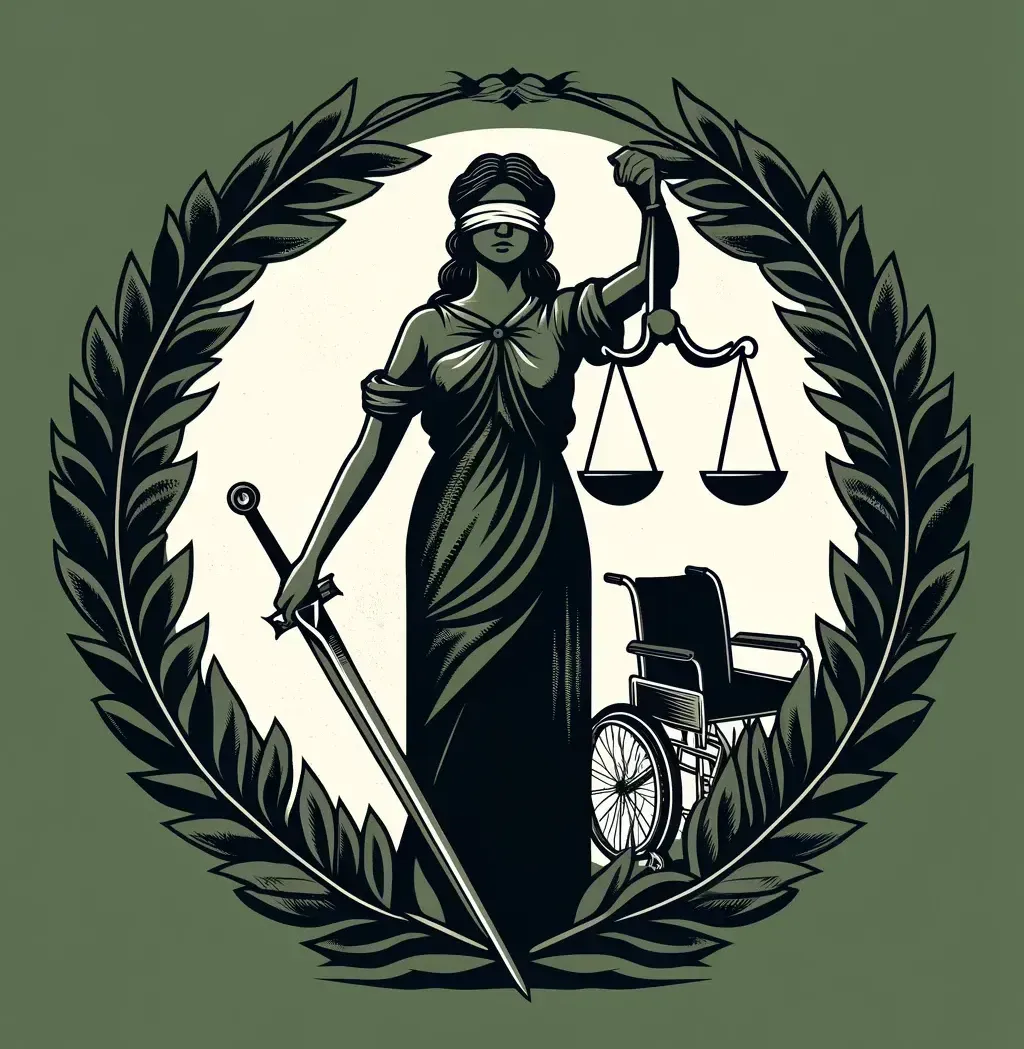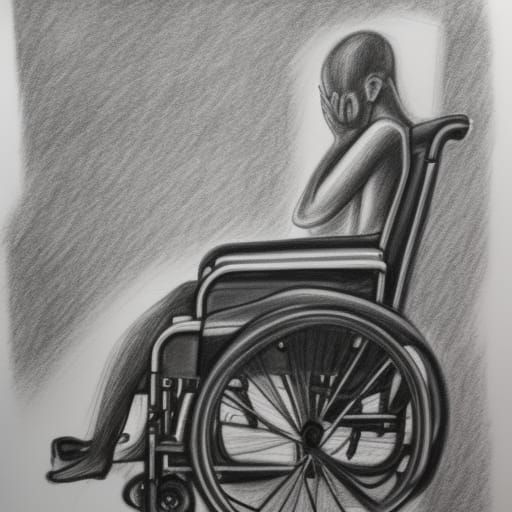Understanding the Grid Rules: How Age and Education Affect Disability Benefits
Grids are an important tool used by the Social Security Administration (SSA) to determine disability benefits eligibility
Understanding the Grid Rules: How Age and Education Affect Disability Benefits
The Social Security Disability Grids are used by the Social Security Administration (SSA) to decide if someone qualifies for disability benefits. The grids look at your ability to work, age, education, and work experience. This helps the SSA determine if you can receive benefits under Social Security Disability Insurance (SSDI) or Supplemental Security Income (SSI). Let's see how age, education, and skills affect your disability claim.
What Are the Grids?
- The Grids: These are rules created by the SSA to make it easier to decide disability claims for some people.
- Factors Considered: The grids look at your physical and mental abilities, age, education, and work experience.
- How They Work: The grids use a table combining these factors to decide if you are disabled and can get benefits.
How Age and Education Impact the Grids
- Age Categories:
- Under 50: Focus is on whether you can do any kind of work, not just work similar to what you did before.
- 50 to 54: Your age is considered more important in determining your ability to adjust to new work.
- 55 and Older: Age is seen as having a big impact on your ability to adapt to new work.
- Education Levels:
- Illiterate or Unable to Communicate in English: These factors make it harder to adjust to new work.
- Limited Education: Less than a high school education can affect your ability to find new work.
- High School Education and Above: More education means you might be able to transfer your skills to other types of work.
- How They Combine:
- Under 50: Less likely to be considered disabled if you can do any work. More education can mean you can transfer skills.
- 50 to 54: Limited education and transferable skills can still mean you are found disabled.
- 55 and Older: More likely to be found disabled even if you have some transferable skills.
How Transferable Skills Impact the Grids
- What Are Transferable Skills?: Skills from past work that can be used in other jobs.
- SSA's Consideration: If you have skills that fit other jobs, it may be harder to be found disabled.
- Limited Skills: If you don’t have skills that transfer to other jobs, you are more likely to be found disabled.
How Di Lorenzo and Wilcox Can Help
- Expert Help: The rules can be complex. Di Lorenzo and Wilcox have the knowledge to help you understand and navigate the Grids.
- Gathering Evidence: They can help collect the right medical evidence to support your claim.
- Appeals Process: If your claim is denied, they can assist you through the appeals process.
By understanding the Grid Rules, you can better prepare your disability claim and increase your chances of success. If you need help with your disability claim, contact Di Lorenzo and Wilcox for a consultation.











